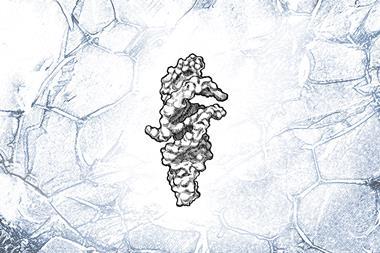Salters' Jerwood Prize; Bridgewater plant; US Food and Drug Administration to ban Crestor; GlaxoSmithKline has reported a second-quarter drop in profits of 17 per cent; Mississippi Chemical Corporation (MCC)
- Nominations are being accepted for the 2004 Salters’ Jerwood Prize. The competition, set up to recognise and encourage achievement and carrying a reward of ?10,000, is open to all chemistry and chemical engineering graduates from UK universities aged between 30 and 35 and currently employed in the chemical or related industries. More information is available on The Salters’ Institute website.
- The UK Health and Safety Executive is urging employers to reassess workplace risks following a ?20 000 fine for negligence placed on Royal Ordinance. The company, a subsidiary of BAe Systems, failed to identify the risk of explosion at its Bridgewater plant, breaching Section 2 of the Health and Safety at Work Act 1974.
- The Swiss pharmaceutical company Novartis has paid ?5m for a five per cent stake in Vernalis, formally British Biotech, after collaborating on cancer research. Novartis will pay for further research at Vernalis and development of any potential drugs discovered.
- Public Citizen, a US consumer protection group, has called on the US Food and Drug Administration to ban Crestor, the anti-cholesterol drug from AstraZeneca (AZ). The group claims that AZ suppressed details of potentially fatal side effects, a charge refuted by the company. AZ also looks likely to avoid a major fine by the European Commission for misusing the patent system, after being formally charged in July 2003. A final decision on this case will be made in October 2004.
- GlaxoSmithKline has reported a second-quarter drop in profits of 17 per cent, citing challenges to its core drugs from generics companies as the cause. Although profits fell to ?1.63bn compared to ?1.88bn for the same period last year, the company says new drugs in the pipeline will help increase profits in 2005.
- Terra Industries, Iowa, US, has paid $107m (?58m) for the bankrupt Mississippi Chemical Corporation (MCC), gaining a cheaper way to make its main product, nitrogen.






No comments yet